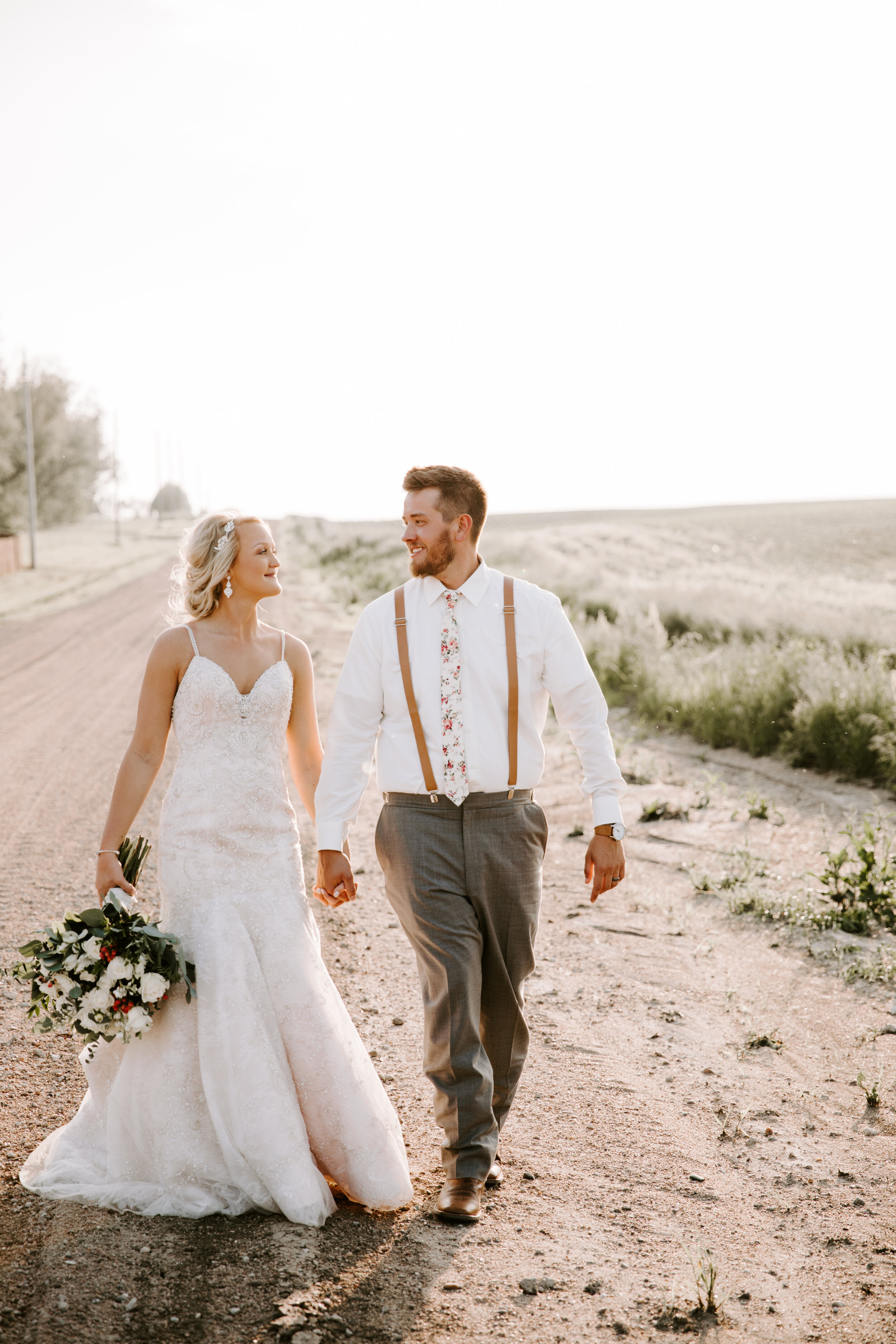An Unexpected Hour: Encountering the God of Surprises
/ERIN BUCHMANN
Advent can feel like a challenging season if it comes at a time when God doesn’t seem to be answering our prayers.
PHOTOGRAPHY: Soul Creations Photography as seen in Erin + Brian’s Proposal
The season invites us to recall images of the Annunciation, the Visitation, and the journey to Bethlehem for the birth of Christ. Mary is pregnant, eagerly awaiting the birth of Christ and the imminent fruition of God’s long-promised salvation. God’s hand is visibly at work in her life and in the world.
The hour of redemption that the world has been preparing for since the Fall in the garden of Eden is quickly approaching. Jesus is near.
Yet, for us, sometimes Advent can come during a season of life when Jesus feels less near, God less active.
Sometimes we may feel more like the patriarch Jacob’s wife, Rachel: forgotten, abandoned by the Lord. We long for the fulfillment of the desires of our hearts, and yet we know full well that only God can fulfill our desires for children, for a spouse, for love. It can feel as though God isn’t listening to our prayers when we don’t see them answered as we expect.
Approaching Advent as a time of preparation to meet Christ, both at Bethlehem and at the second coming, is not a wrong way of approaching the season. But if you find yourself feeling frustrated by Christ’s seeming absence this year, I encourage you to try approaching Advent in a different way.
Instead of looking for the expected Christ, as the savior for whom you have been eagerly waiting, open your heart instead to encounter the Christ of the unexpected, the God of surprises.
What do I mean by this? You may have your life planned out in your mind. You have your hopes and your dreams, which you have brought repeatedly to God and placed at His feet. I encourage you to go one step further.
Set those hopes and dreams and that plan for your life at God’s feet and leave them there. Then keep walking forward in your life. Take the next right step, as you understand it. Don’t over-analyze. If you find peace, continue forward. If not, change something. You might discover Christ waiting for you behind a door you only needed to open.
God knows the plans we hold, and our dreams. He likes it when we bring these things to Him in prayer. But God is not a machine, where an input of this prayer yields that result. We cannot fathom His timing.
As in our lives, God’s action and presence in the story of the first Advent is comprehensible only in retrospect. To Mary, Elizabeth, and Joseph, it was shrouded in mystery.
When we view God as a machine, we essentially reverse our roles. We imagine ourselves as the mover and God as the instrument.
By surrendering our hopes to Him, especially the ones we hold most dear, we adopt a true Advent mindset, the mindset of Mary. We adopt a mindset of trust in God’s goodness.
Trust doesn’t plan, nor does it cling to what was left behind. It does not become discouraged, because it does not expect. It simply believes in the goodness of the One in whom it is placed. It allows God to work in our lives as He wishes, not as we hope or envision. It helps us to accept everything we receive from God as a gift.
You will walk through Advents when your life doesn’t feel like Mary’s, when there is no Joseph standing beside you or when your womb is frustratingly empty. Do not become discouraged. Christmas is not a deadline by which Jesus is bound.
He loves you, and He actively works in your life whether you see His hand or not. Have the courage to allow Him to surprise you with His good gifts, according to His timing. God is trustworthy. He will not leave you abandoned, or lonely, or empty. At an hour you do not expect, the Son of Man will come .
About the Author: Erin Buchmann hails from the frozen wilderness of central Minnesota. She and her husband are the parents of three little miracles.









